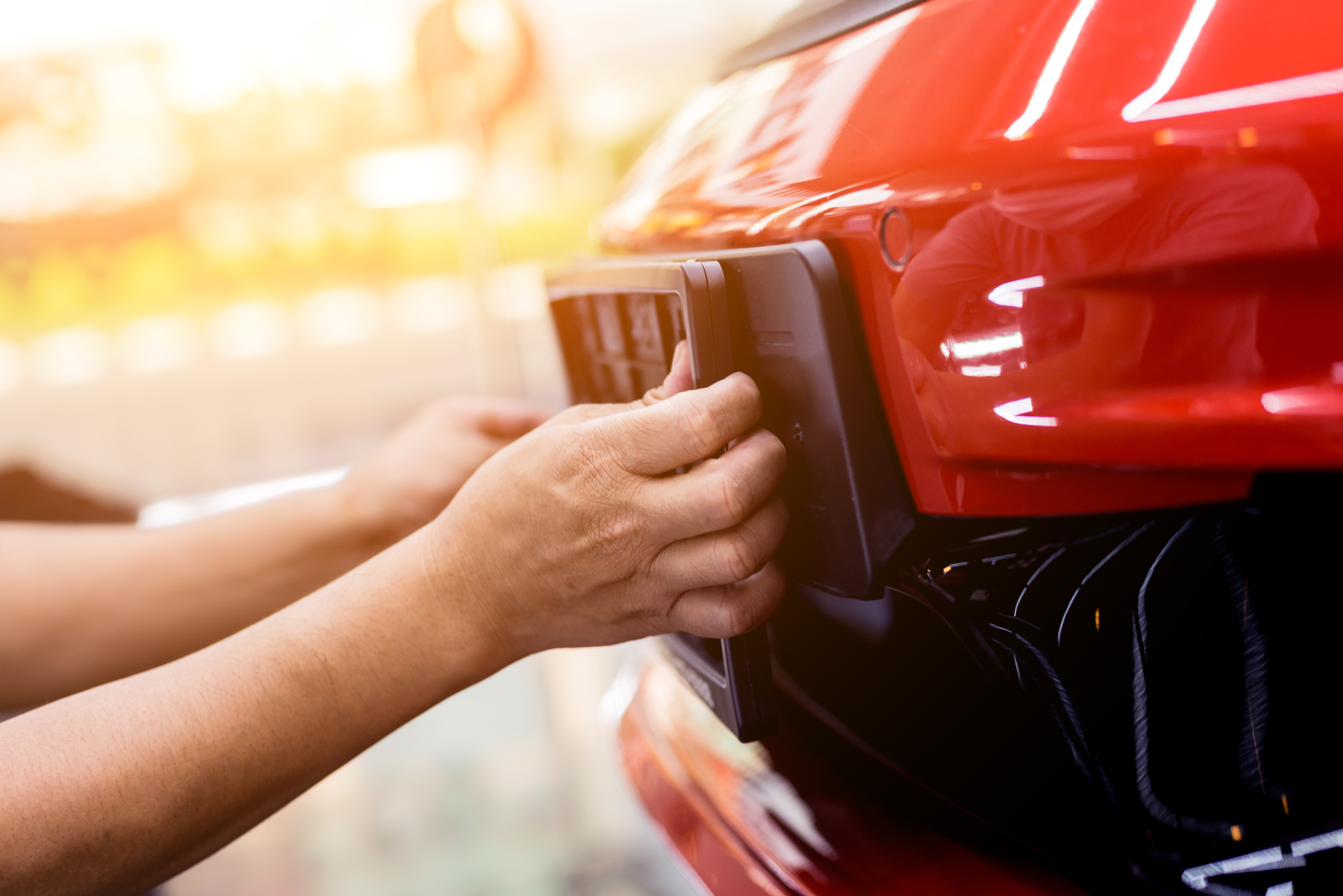Understanding Goodwill Cars: Benefits, Costs, and Tips
Goodwill car programs can offer access to lower priced vehicles through local auctions and mission based dealerships, but they work differently from traditional car lots. This guide explains how these programs operate, who may benefit, what typical costs look like, and practical tips for evaluating options in your area.

Across many regions, local Goodwill affiliates accept donated vehicles and make them available to the public through auctions, retail lots, or partner programs. While availability and processes vary by location, the general idea is consistent: vehicles are donated, assessed, and sold as is to fund community services. For many budget conscious buyers, these programs can provide a path to transportation with lower upfront costs than typical retail lots, provided you understand the trade offs and do proper due diligence.
Affordable Goodwill Cars for Seniors
For older adults on fixed incomes, program vehicles can be appealing because starting prices at auctions are often lower than traditional retail. The potential benefits include simpler transactions, fewer add ons, and opportunities to support a community mission while securing essential transportation. Seniors should prioritize safety features such as working airbags, anti lock brakes, and recent tires, and ask for any available condition notes before bidding or buying.
Another practical tip is to bring a trusted mechanic or knowledgeable friend for an on site check, especially if test drives are limited. Plan a realistic budget that includes registration, insurance, and an emergency repair fund. If mobility or scheduling is a concern, ask whether your local affiliate offers online previews, third party inspections, or remote bidding options. Some affiliates or partner nonprofits may also provide buyer education resources to help with paperwork and ownership transfer.
Goodwill cars for sale in your area
Finding options in your area usually starts with your local Goodwill affiliate website. Look for pages labeled auto auction, vehicle donations, or car sales. Many affiliates list auction calendars, sample inventories, or links to third party auction platforms. If the information is not visible online, call the donation or vehicles department and ask how public sales work, what identification is required, and whether sales are open to all buyers.
When evaluating listings, read any condition notes carefully and assume as is means the seller does not provide repairs or warranties. Factor buyer fees, sales tax, title and registration costs, and transportation if the vehicle is not road ready. Verify that the title is clear and what documents you will receive at pick up. If allowed, capture the VIN to run a history report and check for recalls. These steps help you compare an auction purchase with alternatives like private party sales or small independent dealers.
Goodwill car dealerships in your area
Costs vary widely by region, vehicle type, and auction activity. As a general reference, many donated vehicles at public auctions sell for amounts that range from hundreds to a few thousand dollars depending on condition, year, and mileage. Some affiliates also support programs that connect eligible buyers to financing for road ready cars through partner lenders. The examples below illustrate how pricing and programs can differ.
| Product/Service | Provider | Cost Estimation |
|---|---|---|
| Auto auction vehicles | Goodwill Easter Seals Miami Valley Auto Auction Dayton OH | Often hundreds to a few thousand USD depending on condition plus any buyer fees |
| Auto auction vehicles | Ohio Valley Goodwill Industries Auto Auction Cincinnati OH | Similar ranges from low hundreds to low thousands USD as is sales with applicable fees |
| Cars to Work program vehicles and loans | Goodwill Industries of Kentucky | Vehicle price varies by market often mid thousands USD income based financing may be available for eligible participants |
Prices, rates, or cost estimates mentioned in this article are based on the latest available information but may change over time. Independent research is advised before making financial decisions.
Beyond purchase price, calculate total cost of ownership. Include insurance premiums which can vary by age and location, fuel, routine maintenance, unexpected repairs, local taxes, and registration fees. Some regions offer reduced registration fees for seniors or low income drivers, but eligibility rules differ. If financing is involved through a partner lender, review the interest rate, term length, down payment, late fee policy, and whether a warranty or service contract is included or optional.
Choosing the right vehicle from these programs is about matching needs to condition. For city driving, a compact with good fuel economy may reduce ongoing costs. For rural areas with longer distances, reliability and tire condition matter more than cosmetics. Check cold starts, idle quality, brake feel, steering response, and signs of fluid leaks. If test drives are not permitted, look for on site engine start allowances or limited drive lanes and use them to listen for unusual noises.
Tips for a smoother experience include confirming auction rules, arriving early to inspect, setting a maximum bid tied to your budget, and avoiding bidding wars. Keep backup options in mind since inventories change rapidly and vehicles are not guaranteed to suit every buyer. If you are comparing these programs with independent dealers, weigh the value of dealer inspections and limited warranties against the lower starting prices often seen at public auctions.
Globally, Goodwill affiliate structures and services vary, and in some countries similar community nonprofits may provide comparable vehicle opportunities rather than Goodwill itself. Always verify local processes, read terms carefully, and compare multiple sources. With realistic expectations and careful inspection, program vehicles can be a practical route to affordable transportation while supporting community services.



